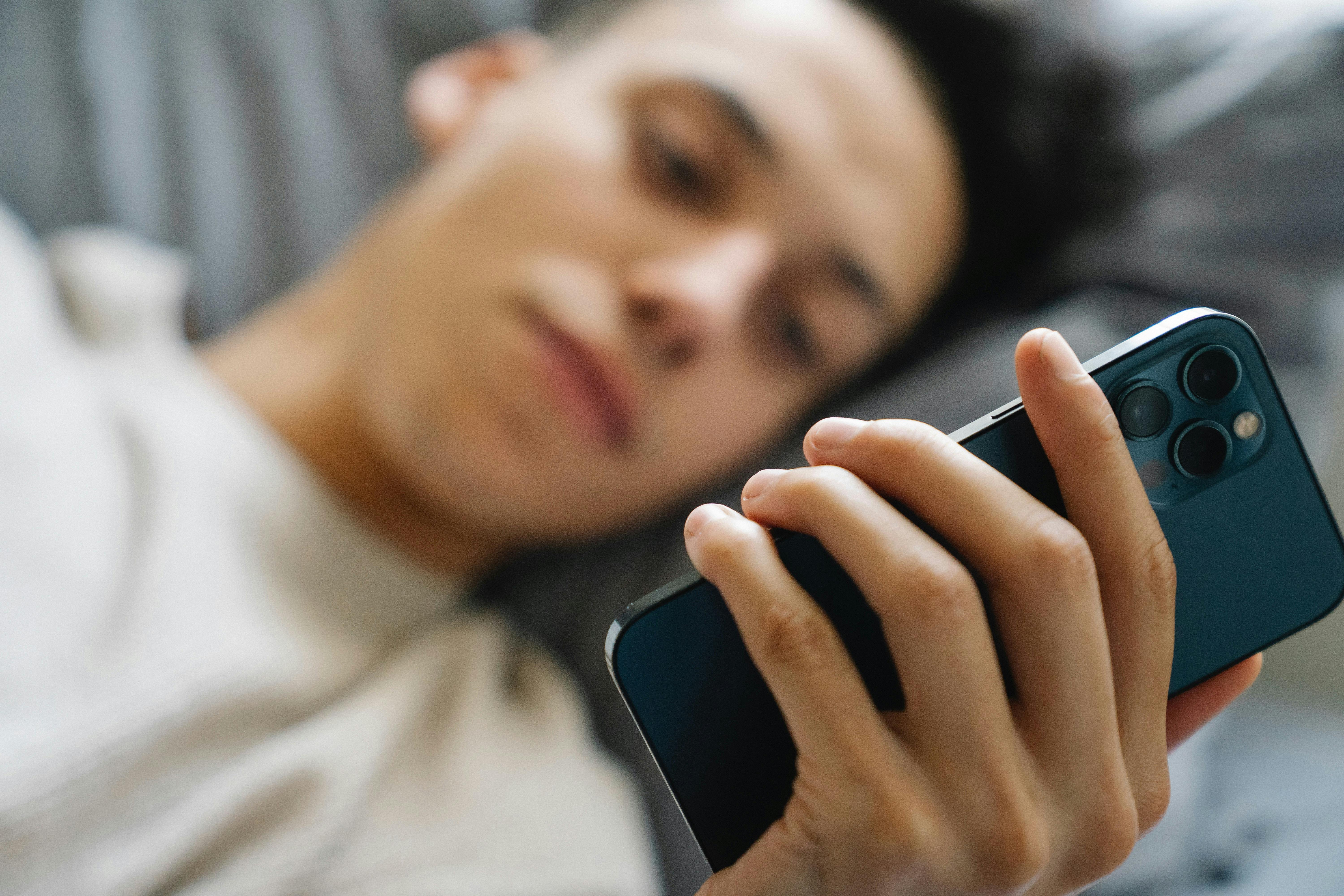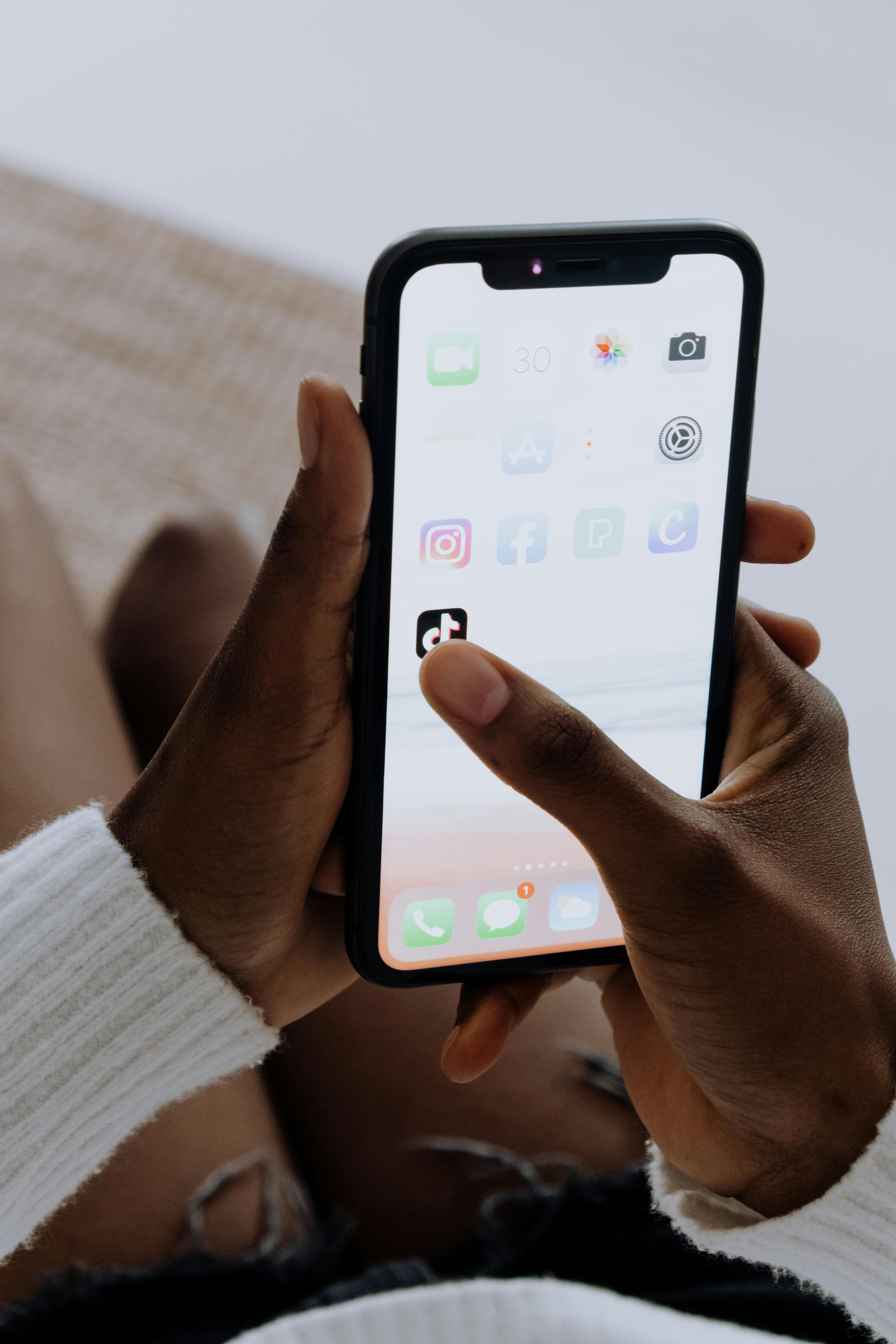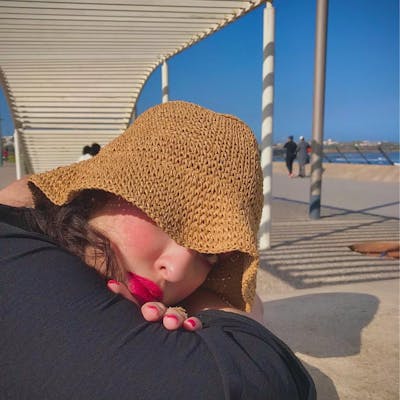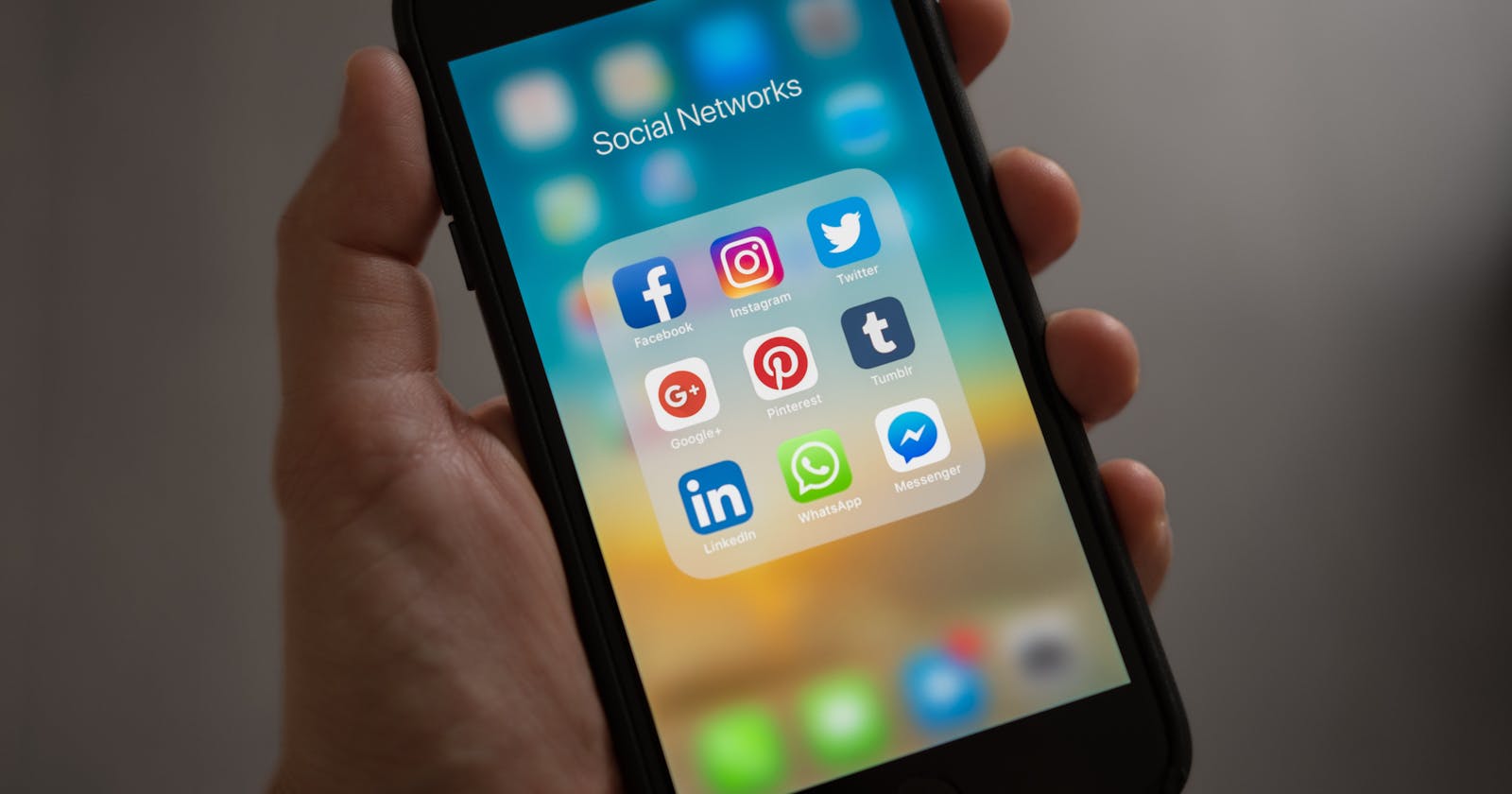I used to start my days by rolling over and grabbing my phone, opening up Instagram and Facebook without even bothering to sit up in bed. For the next few hours, my attention would be glued to my phone as I scrolled through social media feeds, responding to messages and notifications, and staring blankly at pictures and videos of other people's lives. I would carry my phone with me throughout the day, compulsively checking it every few minutes and getting sucked into a vortex of endless scrolling.
Before long, I realized that my addiction to social media was affecting every aspect of my life. I was anxious, distracted, and unproductive at work. I couldn't focus on conversations or even simple tasks without feeling the pull of my phone. I knew that I needed to make a change, but I didn't know where to start.

Then, one day, I decided to go cold turkey and detox from social media for a year. It was a difficult decision, and I felt anxious and disconnected at first. But as the days turned into weeks and then months, I started to notice a profound shift in my mindset and behavior. Instead of mindlessly scrolling through social media feeds, I found myself enjoying quiet moments of reflection, reading books, and pursuing hobbies that I had long neglected. I felt more focused, energized, and productive at work, and I even noticed that my relationships with friends and family had improved.
These days, I still use social media occasionally, but I am much more mindful of my habits and try to limit my time on these platforms. I make a conscious effort to stay present in the moment, savoring my meals and conversations without the distraction of my phone. I have found that my days are more peaceful, fulfilling, and satisfying as a result.
"The urge to check Twitter or refresh Reddit becomes a nervous twitch that shatters uninterrupted time into shards too small to support the presence necessary for an intentional life." - Chris Hughes, co-founder of Facebook
However, my experience with social media addiction and detox has also made me acutely aware of the darker side of these platforms, particularly TikTok. TikTok has become one of the most popular social media apps in the world, with over a billion active users. Its algorithm is designed to keep users hooked by constantly feeding them short videos that match their interests and preferences. This can create a powerful feedback loop that makes it difficult to look away from the screen.
Studies have shown that TikTok can have negative effects on the brain, particularly in young people. One study by the Royal Society for Public Health found that social media use, including TikTok, is associated with increased rates of anxiety, depression, and poor sleep quality. Another study published in the journal Heliyon found that excessive use of social media can lead to a decrease in gray matter in the brain's prefrontal cortex, which is responsible for decision-making, impulse control, and other cognitive functions.

Furthermore, TikTok's algorithm has come under scrutiny for promoting harmful content, including conspiracy theories, hate speech, and misinformation. Many users have reported feeling anxious, depressed, or addicted to the app, and some have even developed eating disorders or other mental health issues as a result of the constant comparison and pressure to conform to unrealistic beauty standards.
Quitting social media addiction is not easy, and it requires a willingness to confront one's own desires and habits. But the rewards of doing so are immeasurable. By breaking free from the constant barrage of notifications, comparisons, and distractions, we open ourselves up to new possibilities and experiences. We can find joy and fulfillment in the present moment, and create a more peaceful and productive life for ourselves.
In conclusion, my journey from social media addiction to detox has taught me the value of mindfulness, focus, and intentionality in our lives. By consciously choosing how we spend our time and attention, we can create a more meaningful and fulfilling existence. So, if you're feeling overwhelmed by social media or addicted to your phone, I encourage you to take a break and see what happens. You may be surprised at the transformation that awaits you.

